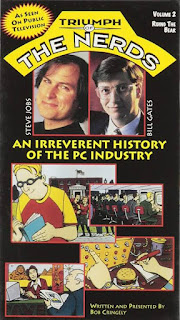On Theory and Practice

“Theory without practice is foolish; Practice without theory is dangerous.” Foolish and Dangerous. let’s remain that the two adjectives are vague. Foolish : stupid or lacking good sense of judgement, unwise. Dangerous : likely to cause harm. So the aphorism states that there are two extreme behaviors that their consequences are likely to be unwise/useless and likely to cause harm; the behaviors are: focus on theory focus on practice The quote is implicitly advising not to go for either extremes and balance the two approaches, this perhaps applies to both individuals and groups. The advice sounds good and solid yet it promotes proceeding with caution and this is likely to promote stagnation and conforming. Both approaches are essential for progress and development and breaking from tyranny of status quo and antidote for parochialism. Some examples from history: Einstein theorizing about the universe and atoms without practice John Doe drinking H Pylori bacteria aga...


